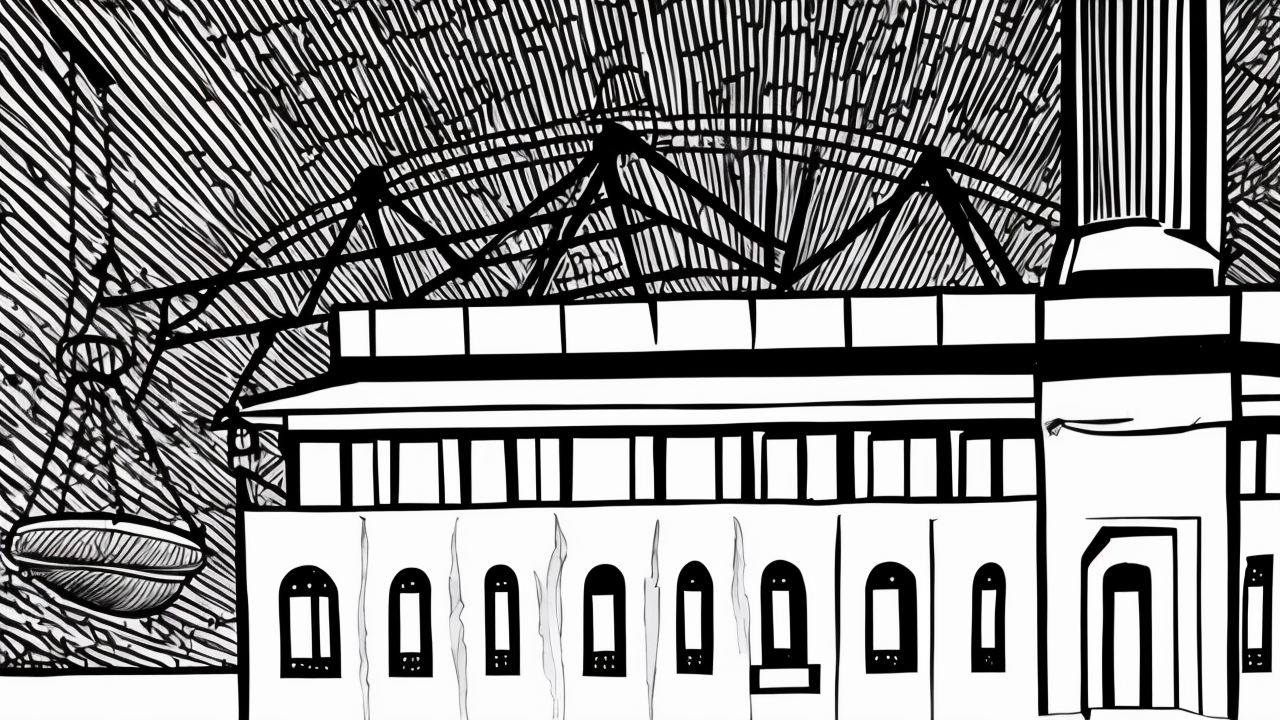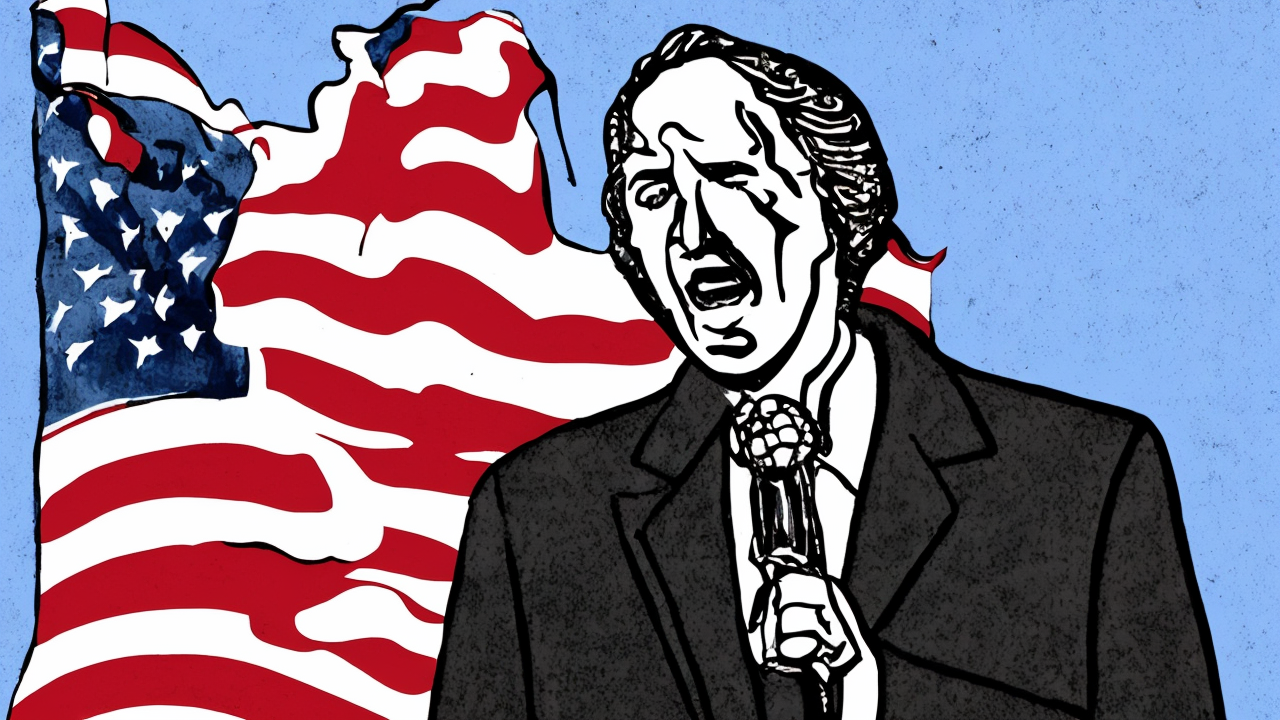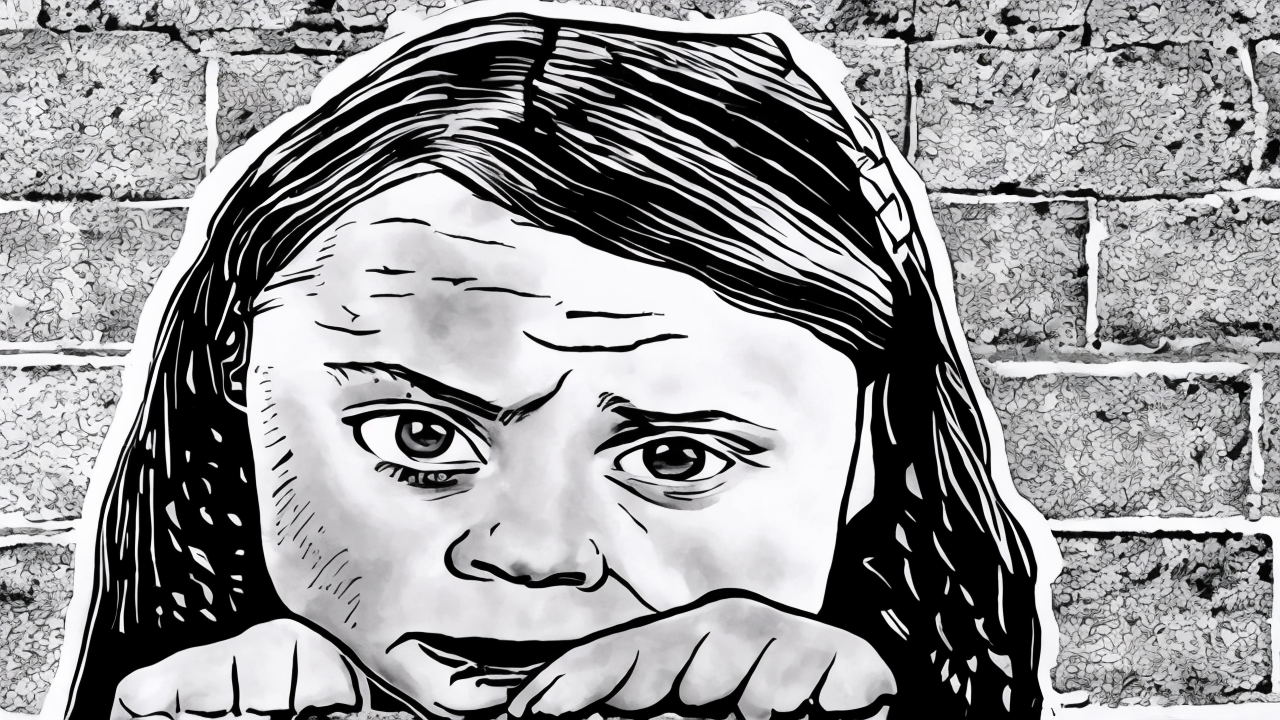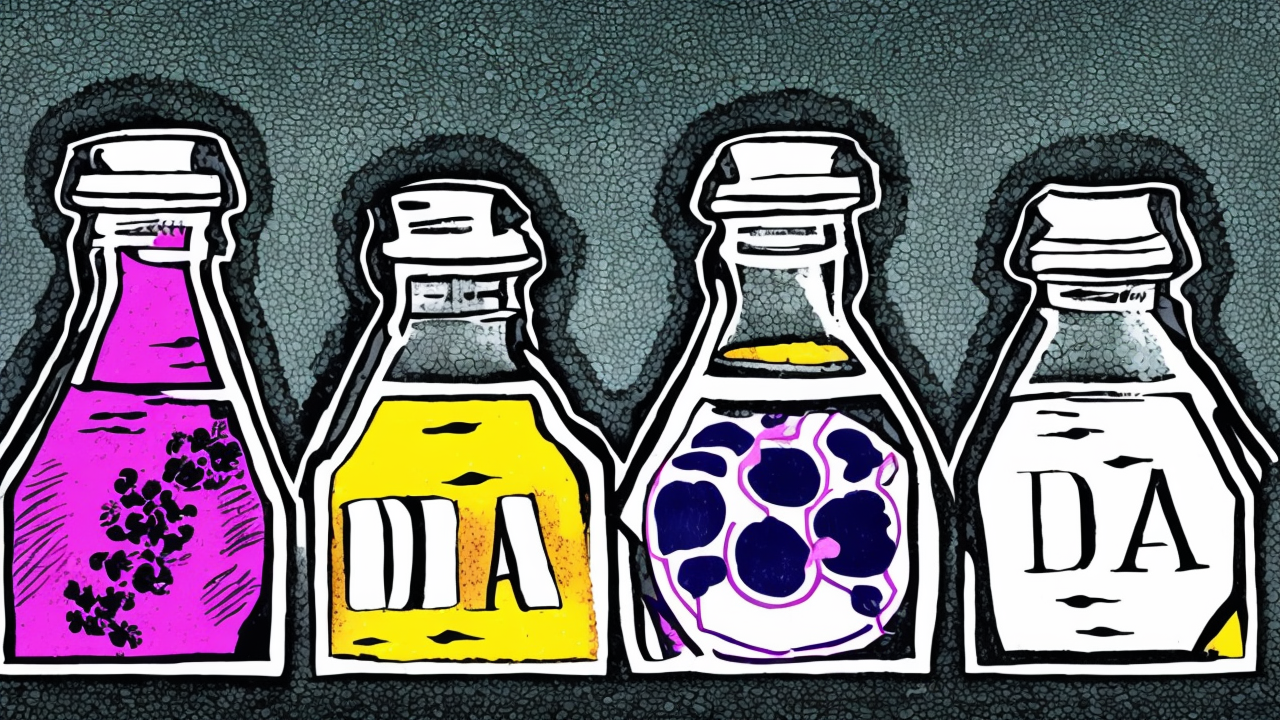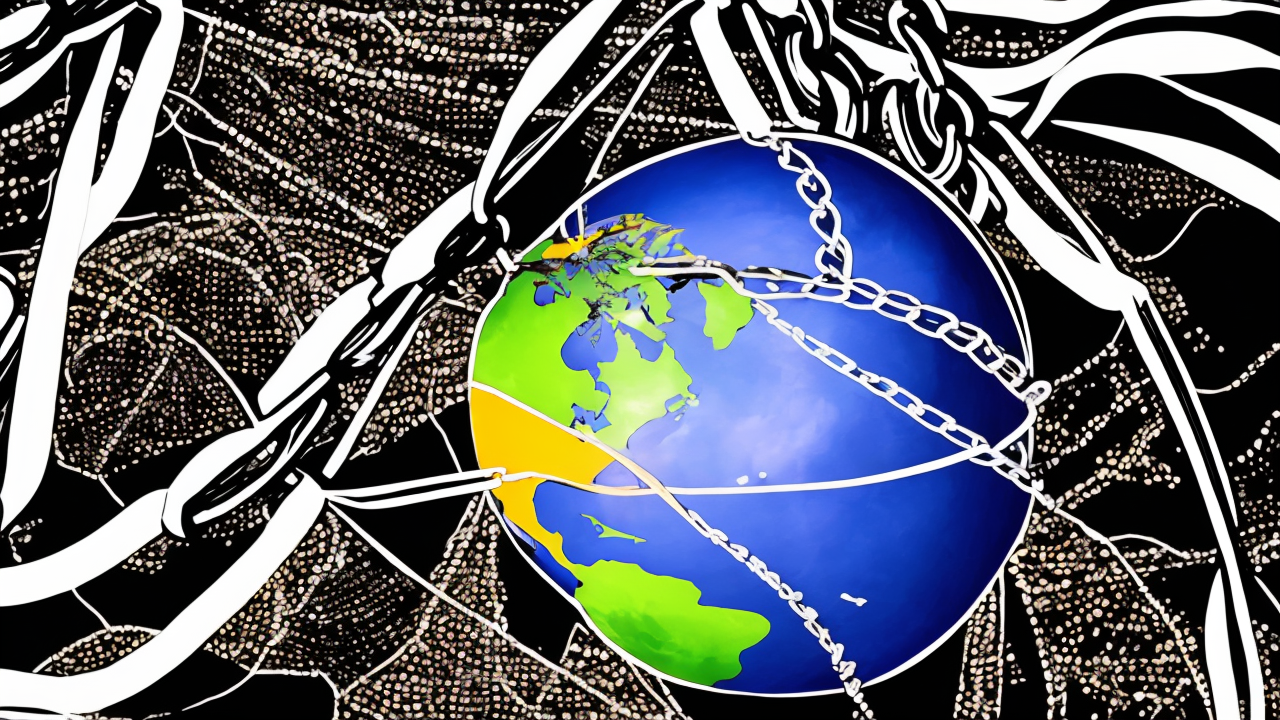South African Economy Struggles Under U.S. Tariffs and Internal Turmoil
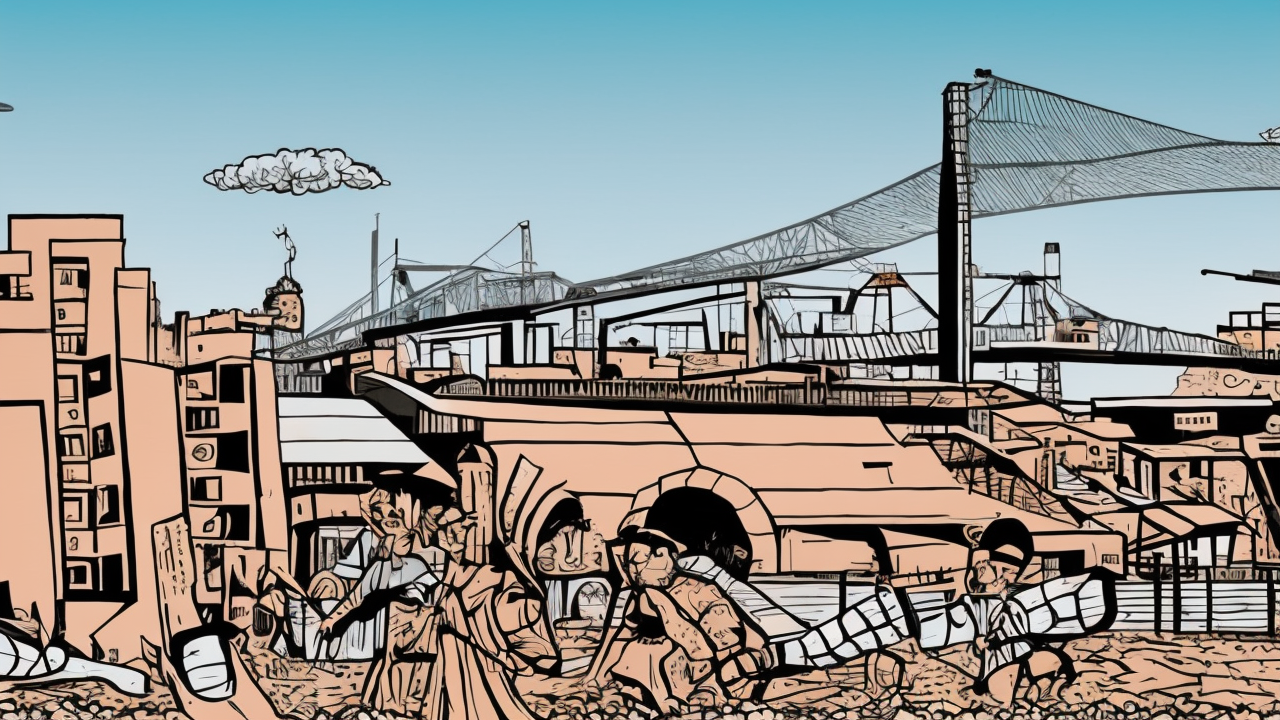
The South African economy is facing significant challenges as it grapples with the impact of U.S. tariffs and internal political disputes. The automotive and wine industries have been particularly hard-hit, with exports to the U.S. plummeting after the imposition of steep tariffs. These tariffs, which are higher than those imposed on European and South American competitors, have added pressure to an already fragile economy.
President Cyril Ramaphosa’s coalition is under increasing strain as the government struggles to address these external pressures while also dealing with domestic issues. A recent breakdown in relations with the U.S., including a failed attempt to use golf diplomacy to mend ties, has further complicated matters. Meanwhile, South Africa’s budget has been delayed due to disagreements between the pro-business Democratic Alliance and the African National Congress over fiscal policies, including a proposed VAT increase.
Compounding these challenges, the country is also facing severe infrastructure problems, including a collapsing postal service and a strained water system. The government’s mismanagement and lack of investment have exacerbated these issues, while corruption continues to undermine public trust. Despite these hurdles, South Africa remains a nation with significant potential, but overcoming these challenges will require decisive leadership and a focus on economic stability and accountability.
South Africa’s Economic Crisis: A Wake-Up Call for Stronger Leadership
The South African economy’s collapse under U.S. tariffs and internal turmoil is a stark reminder of the dangers of weak governance and protectionist policies. The punitive tariffs imposed by the U.S., which disproportionately target South Africa compared to its European and South American competitors, underscore a troubling trend of economic favoritism that undermines free trade principles. This protectionism not only hurts South African industries but also sets a dangerous precedent for global economic relations.
Domestically, South Africa’s political dysfunction and budget impasse highlight a lack of leadership and consensus. The proposed VAT increase and ongoing disputes between the ANC and the Democratic Alliance reflect a broader failure to prioritize economic stability and accountability. Without decisive action, South Africa risks further economic decline, compounded by its already severe infrastructure challenges and corruption.
The collapse of South Africa’s postal service and strained water systems are symptoms of a government that has failed to invest in critical infrastructure or combat corruption. This mismanagement erodes public trust and exacerbates the nation’s struggles.
For South Africa to recover, it needs strong, principled leadership that prioritizes economic stability, reduces corruption, and fosters an environment for business growth. The U.S. must also reconsider its protectionist tariffs, which harm South Africa without addressing the root causes of global trade imbalances.
Ultimately, South Africa’s crisis is a call for both domestic and international leaders to prioritize accountability, free markets, and responsible governance. Only through these principles can South Africa realize its full potential and contribute to global stability.
Published: 10/2/2025

